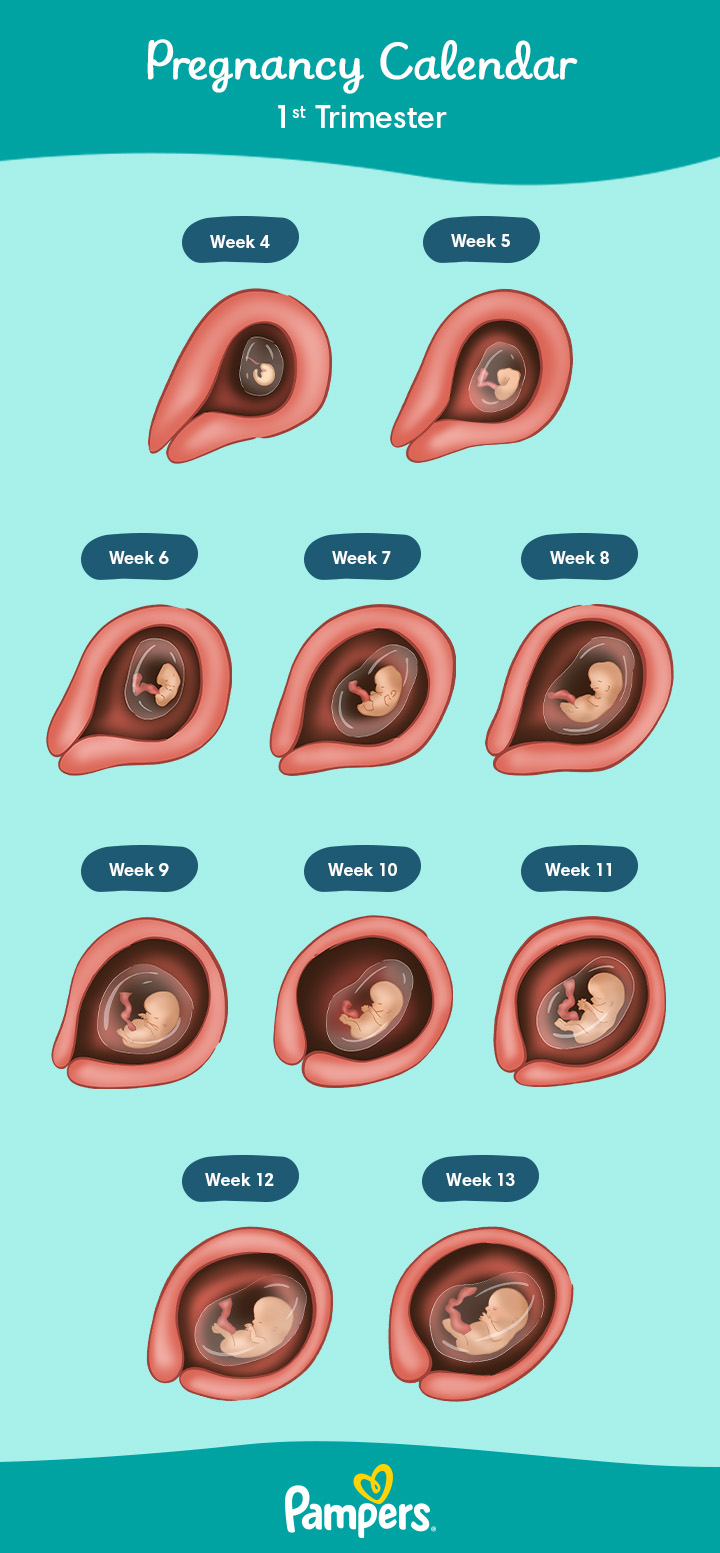
Symptoms of Pregnancy in the First Month
Pregnancy is a time of significant physical and emotional changes for a woman’s body. The first month of pregnancy, also known as the embryonic period, is a crucial stage during which the fertilized egg implants in the uterus and begins to develop into an embryo. While some women may not experience any noticeable symptoms during this early stage, others may encounter a range of symptoms that signal the onset of pregnancy.
Common Symptoms of Pregnancy in the First Month
- Missed Period: One of the most common and earliest signs of pregnancy is a missed period. If you are of reproductive age and have missed your period, it is important to take a pregnancy test to confirm whether you are pregnant.
- Breast Tenderness and Enlargement: The hormonal changes associated with pregnancy can cause the breasts to become tender, swollen, and heavier. You may also notice a darkening of the areolas, the pigmented areas around the nipples.
- Nausea and Vomiting: Morning sickness, characterized by nausea and vomiting, is a common symptom of pregnancy that typically begins around the fourth week of gestation. While it is often referred to as morning sickness, it can occur at any time of day.
- Fatigue: The increased production of the hormone progesterone during pregnancy can lead to feelings of fatigue and exhaustion. You may find yourself feeling more tired than usual, even after a good night’s sleep.
- Frequent Urination: As the uterus grows, it can put pressure on the bladder, leading to increased urinary frequency. You may find yourself needing to urinate more often than usual, especially at night.
- Mood Swings: The hormonal changes of pregnancy can also affect your mood, causing you to experience emotional highs and lows. You may feel more irritable, anxious, or tearful than usual.
- Implantation Bleeding: Some women may experience light spotting or bleeding around the time of implantation, which occurs about 10-14 days after conception. This bleeding is usually lighter than a menstrual period and may last for a few days.
- Constipation: The increased levels of progesterone during pregnancy can slow down digestion, leading to constipation. You may experience difficulty passing bowel movements or have stools that are harder than usual.
- Headaches: Headaches are a common symptom of pregnancy, especially during the first trimester. They may be caused by hormonal changes, increased blood flow, or dehydration.
- Food Aversions and Cravings: Some women experience changes in their taste and smell during pregnancy, which can lead to food aversions or cravings. You may find yourself craving certain foods or being unable to tolerate others.
Other Possible Symptoms of Pregnancy in the First Month
- Backaches: The hormonal changes of pregnancy can relax the ligaments in your back, leading to back pain.
- Pelvic Pain: As the uterus grows, it can put pressure on the pelvic area, causing discomfort or pain.
- Skin Changes: Some women experience skin changes during pregnancy, such as acne, darkening of the skin around the nipples, or a darkening line running from the navel to the pubic bone.
- Increased Vaginal Discharge: You may notice an increase in vaginal discharge during pregnancy. This discharge is usually clear or white and odorless.
When to See a Doctor
While most symptoms of pregnancy in the first month are normal, it is important to consult a healthcare professional if you experience any of the following:
- Severe abdominal pain or cramping
- Heavy bleeding or clotting
- Fever or chills
- Persistent nausea and vomiting that prevents you from keeping food or liquids down
- Dizziness or fainting
- Vision changes
- Any other symptoms that concern you
Conclusion
The first month of pregnancy is a time of significant changes for a woman’s body. While some women may not experience any noticeable symptoms, others may encounter a range of symptoms that signal the onset of pregnancy. By understanding the common symptoms of pregnancy in the first month, you can be better prepared for the physical and emotional changes that lie ahead. If you have any concerns or questions about your symptoms, it is always best to consult with a healthcare professional.